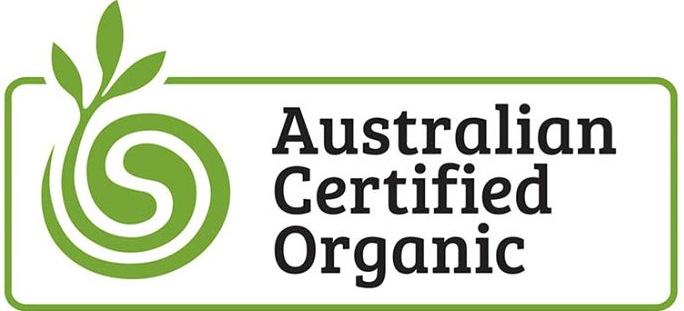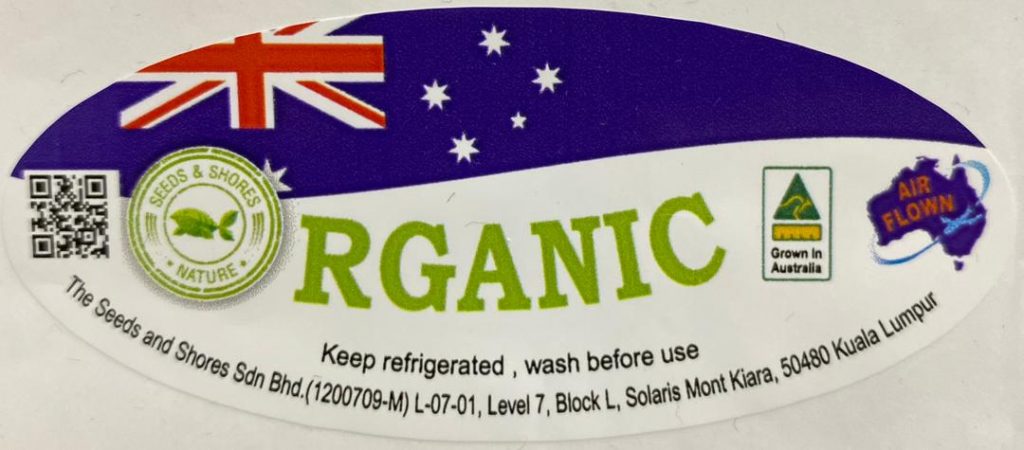
ORGANIC 101
You’re browsing the veggie section of your grocery shopping day and come across the organic section of the fresh produce. Yes, they are pricier than normal vegetables and are suppose to be better for your consumption. But how sure are you that they are really “Organic” and what does being “organically certified” mean?
What is ‘Organic’ anyway?
To define a plant food, ingredient or food product as “Organic” means that the item has been grown, harvested and processed without the use of any form of pesticides or synthetic chemicals. That defines “Organic” in simplified terms but the process of any producer being granted the status of being Organic has to go through a long and tedious process of certification. Australia Certified Organic (ACO) is the foremost organization in organic certification in Australia by which high standards are set before a producer can use the ‘BUD’ logo on their produce.

How Does A Farmer Get Certification?
A producer requiring an “Certified Organic” stamp of approval from ACO will need to go through the following :-
A pre-certification period of audit where every aspect of the farm production and preparation chain is scrutinised and soil and produce samples are taken for lab testing.
General Certification Requirements will cover soil management; pest, disease and weed management, biodiversity and environmental management, water management, contamination prevention management and record-keeping system including monitoring practices (e.g., for soil fertility, salinity, etc).
Throughout parts of the certification process, a board will review the findings of sample testing and deliberate on the progress of certification for the producer in question. For a minimum of a 12 month period, the producer is considered to be “In Conversion to Organic” prior to a full certification.
Certification of farm units as “Organic” may be given where it has been verified that the past three years of farm management have been in compliance with the relevant sections of this Standard at or before the point of harvest of the crop in question, that organic quality criteria have been achieved, and that management plans and ability are sufficient to achieve ongoing conformance with the Standard.
Even to the extent of labeling, packaging, marketing materials and ingredient specifications must be met in full accordance to the ACO standards set to include relevant information for the produce.

In essence, Organic production systems are guided by the following principles and outcomes:
Production of naturally safe, high quality, nutritionally vital foods
Optimal production output, with rational and minimised use of inputs
Use of recycling and biological cycles within the farming system
Biodiversity protection and enhancement within the farm and surrounding areas
Regeneration of lands and soils and best environmental practice of farming activities.
Undeniably Organic
An ACO logo on any Australian produce will indicate a high and uncompromising and strict standard of quality to ensure food safety on every part of the process chain from production to export. You can be fully assured that what you are purchasing is absolutely safe for you and your family’s consumption and health. The ‘BUD’ logo of the ACO is the unconditional essence of what the word “Organic” really means.
SEEDS & SHORES will be flying in ACO approved, organically certified produce from the month of August 2020 onwards. Look out for them on our shelves at AEON, Jaya Grocer and Village Grocer supermarkets with the Seeds & Shores as well as the ACO ‘BUD’ logos.

- ,
- , Diet
